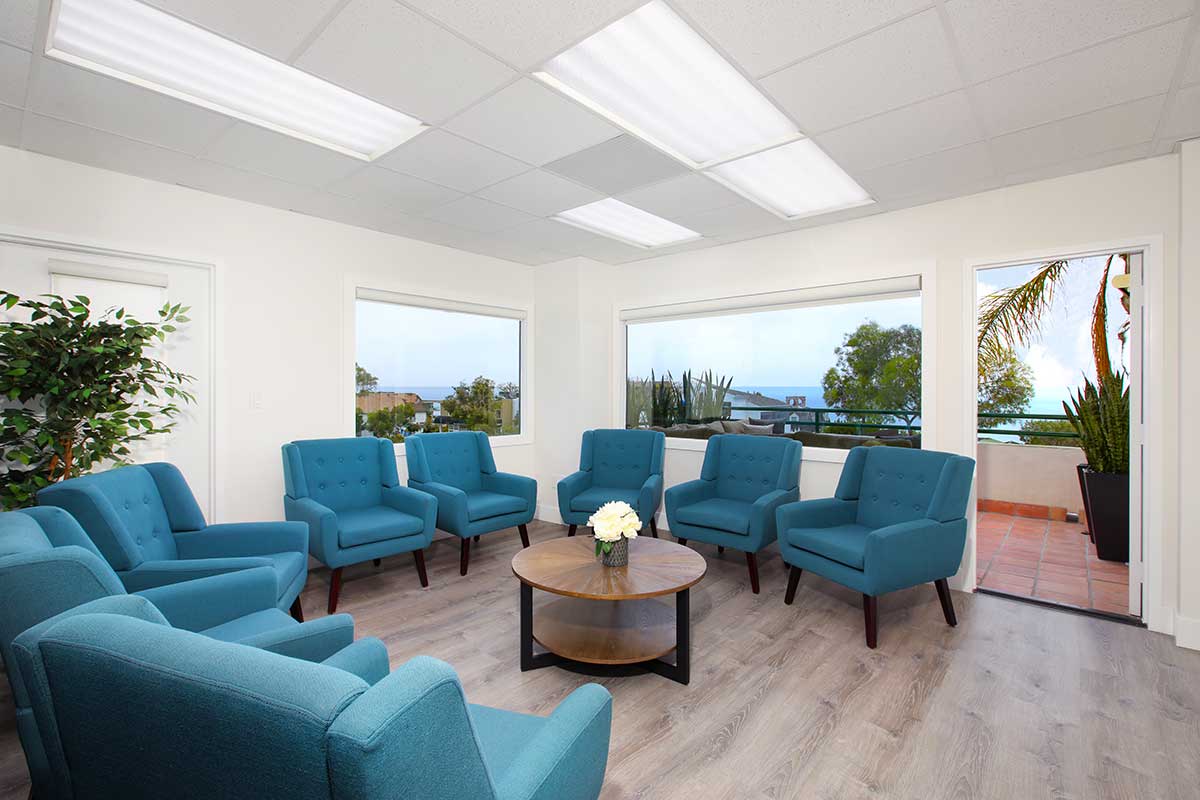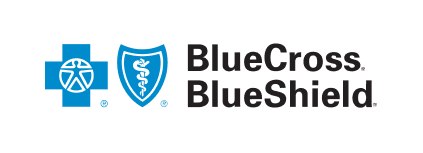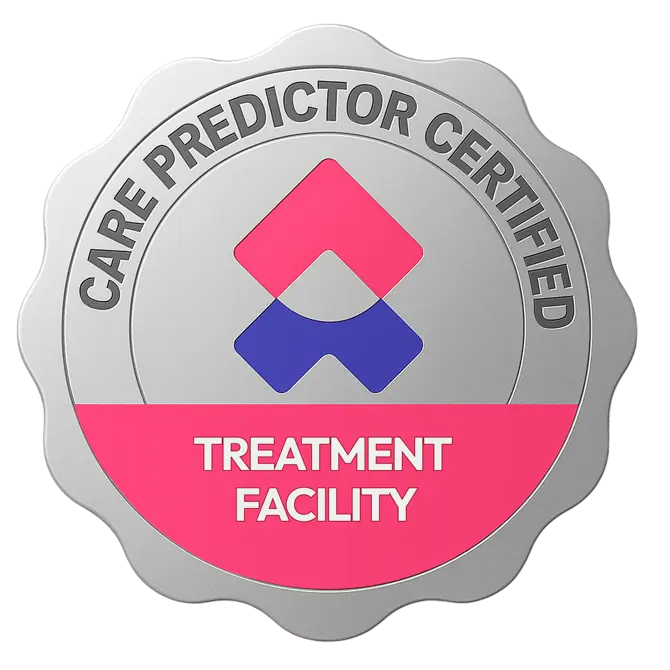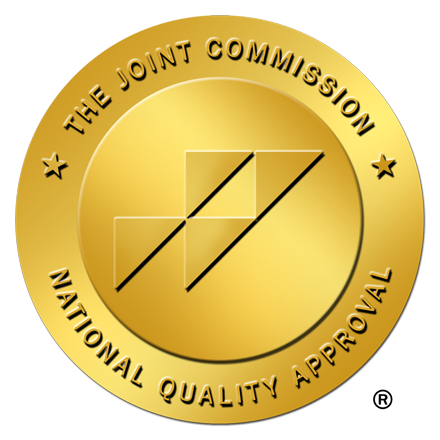There’s no one-size-fits all form of depression, which is why treatment should be personalized too.
Some people become depressed because of recent or ongoing life stressors, like relationship stress or difficult work environments, while others have baseline depression, despite not having any identifiable stressors in their lives. When depression gets to a point when day-to-day functioning becomes impossible, or there are urges to self-harm, Alter is here to help.

Every treatment plan is customized to the individual. With multiple levels of care Alter is equipped to handle many forms of depression, including major and chronic depression disorders.
The severity of depression is unique for every individual, so there is no standard length of treatment.
Most clients start in residential treatment (RTC), then opt to transition to partial hospitalization (PHP), and then down to intensive outpatient (IOP) when they’re ready. We provide dedicated consultation services to help you find the best program for your needs.

When it comes to successfully treating severe depression, the ultimate goal is to help each and every client feel like their true selves again and thrive in everyday life without the crippling depression symptoms of fatigue, guilt, shame, sleeping difficulties, and loss of interest.
We offer a variety therapies that can help treat underlying symptoms of depression, including talk therapy and medication. But we go beyond typical treatment by addressing the whole person: body, mind, and spirit.
Every client will have ample opportunity to practice the life skills they’re learning in sessions, and we will work hard to treat even the most severe treatment-resistant depression, bringing in unique treatment methods like ketamine therapy when necessary.
Call Now for Program Availability
Contact our admissions team to learn about our programs and to check availability at our facilities, or submit your insurance to verify coverage.

” Alter saved my life. I have been in treatment for over a year but really started working on myself after my suicide attempt in December. I came to Alter in December a very broken person. Alter has given me the tools, resources, support, and care to piece my life back together. Their staff, clinicians, and support team are superior to any mental health facility I have been to (and I have been to many). They really care about their clients well-being, progress, and safety. I will be forever grateful to Alter and their amazing staff. Thankful to them, I am on the road to healing and can see the light once again. A life-changing facility. “
– Terry
Depression doesn’t just affect the person experiencing it—it’s like a storm that ripples through the entire family. Emotionally, it’s exhausting for everyone. Communication can break down, roles shift, and conflicts flare up more often.
Financially, socially, and mentally, depression isn’t just a personal battle—it’s a family affair, touching everyone. That’s why Alter is sure to support families throughout the treatment process too.


At Alter, we’ve seen how much positive family interactions can make a difference for treatment outcomes, which is why we prioritize communication with the client’s family. Depending on what the client allows us to share, we give progress updates on symptoms and any medications to the family members who are authorized by the client to receive information.
We also provide education and resources to help families understand their loved one’s diagnosis. If and when appropriate, families are involved in family therapy sessions as well.
Major depressive disorder, commonly referred to as depression, is a common, but often serious, mood disorder that impacts millions of people every year. It affects your thoughts, feelings, and actions, and can have an impact on you both physically and emotionally. People with depression often have lost interest in activities that used to get them excited and feel sad or like life is not worth living much of the time. It’s important to know that depression is not something people can just snap out of, but with the right treatment plan, feeling better is possible.
Major Depressive Disorder
Symptoms must be present for at least two weeks for a diagnosis of major depressive disorder.
Treatment-Resistant Depression
At least three courses of treatment for depression have not been effective in relieving symptoms.
Postpartum Depression
Develops during pregnancy or after the birth of a child. Postpartum depression is more than just the baby blues, which usually go away on their own approximately two weeks after delivery.
Seasonal Affective Disorder (SAD)
Symptom onset occurs during the fall and winter months when there is less natural light, and symptoms usually get better when the weather gets warmer and days get longer.
Persistent Depressive Disorder (Dysthymia)
Symptoms of depression have been occurring consistently for more than two years. There may be time periods when symptoms are not as severe.
There is no single cause for depression. Many factors can influence the development of the disorder:
Substance abuse (from chemical imbalances in the brain) is also frequently associated with depression.
In order to be diagnosed with depression, individuals must be experiencing their symptoms daily for at least two weeks. Some common depression symptoms include:
Call Now for Program Availability
Contact our admissions team to learn about our programs and to check availability at our facilities, or submit your insurance to verify coverage.
We accept most major insurance providers including the ones displayed here.










We accept most major insurance providers including the ones displayed here.
Submit your insurance to confirm coverage.




















Our facilities have been awarded prestigious recognition and certifications by adhering to rigorous guidelines and exceeding quality standards with consistent, safe & effective healthcare services.



Connect with our compassionate team to get a personalized treatment plan designed around your needs.
All calls are 100% free and confidential